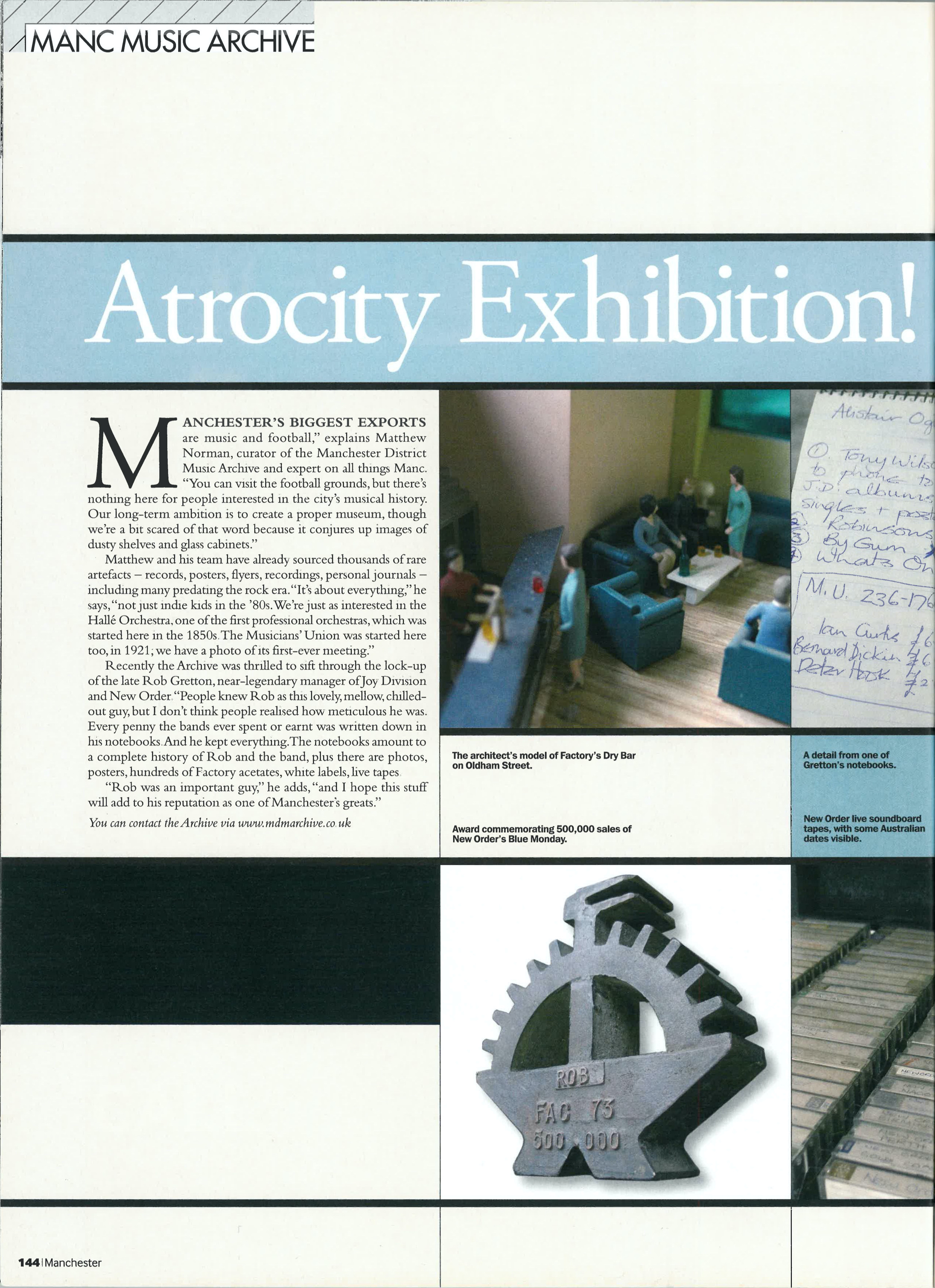2006 03 Q Classic Morrissey and The Story of Manchester - Part 8 - Morrissey

THE HAPPY PRINCE Morrissey - Wildean, gladioli-waving Smiths frontman turned rock royalty in self-imposed exile - tells Andrew Male about crippling shyness, celluloid escapism and finding there really is more to life than books. MORRISSEY WAS ALWAYS pulling away from Manchester. Growing up in the south of the city during the ’60s - rain, urban decay, Brady, Hindley - young Steven Patrick Morrissey would regularly, and perhaps understandably, immerse himself in a romantic, fictional netherworld of film, music and comic books. By the mid-’70s this rag-bag of escapist stimuli had coalesced into some kind of philosophy and battleplan, based on the conviction that, in Manchester at least, there was no one else quite like Morrissey. Look back at the lyrics Morrissey wrote with The Smiths between 1983 and 1987 and you discover a romantic soul forever looking for an emotional way out of this cold, industrial hell, like some lovelorn va




